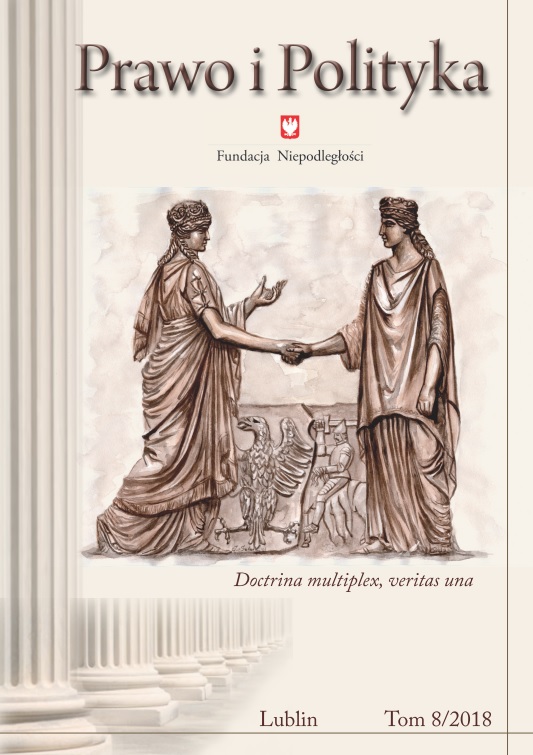Interdyscyplinarna współpraca instytucji państwowych w tym sądu opiekuńczego w pomocy rodzinie
Interdisciplinary cooperation of state institutions (including the guardianship court) in providing assistance to dysfunctional families
Author(s): Daniel JakimiecSubject(s): Civil Law, Sociology of Law
Published by: Fundacja Niepodległości
Keywords: dysfunctional families
Summary/Abstract: The family is a basic social unit made up of people linked by marriage and parentalties. Mutual relationships between family members are determined by the traditionconveyed by upbringing, which in turn is based on mutual feelings and attitudesthat are subject to the law and moral imperatives. For the prerogatives recognised bythe family, the influence of religious axioms is also important. Generally speaking,the family is the cultural heritage of generations subjected to multiple influences,each generation being a link in the history of the family. Successive generationscontinue to uphold the most important values for the family, including the care andappropriate upbringing of children, mutual respect and support between spouses,and assistance to members of the family who are weak and helpless due to their age.When successive generations depart from these values in a way that threatens thefunctioning of the family, it becomes dysfunctional and, as a result, state aid is necessary.In order for the aid not to remain illusory, but to be real and effective, it mustbe multidirectional. Only the participation of representatives of all institutions forfamily support that are present in the local environment can ensure multidirectionalityof assistance. Among them, one can indicate the representatives of socialassistance organisational units, municipal commissions for solving alcohol-relatedproblems, police, education and health care.
Journal: Prawo i Polityka
- Issue Year: 2018
- Issue No: 8
- Page Range: 157-167
- Page Count: 11
- Language: Polish

